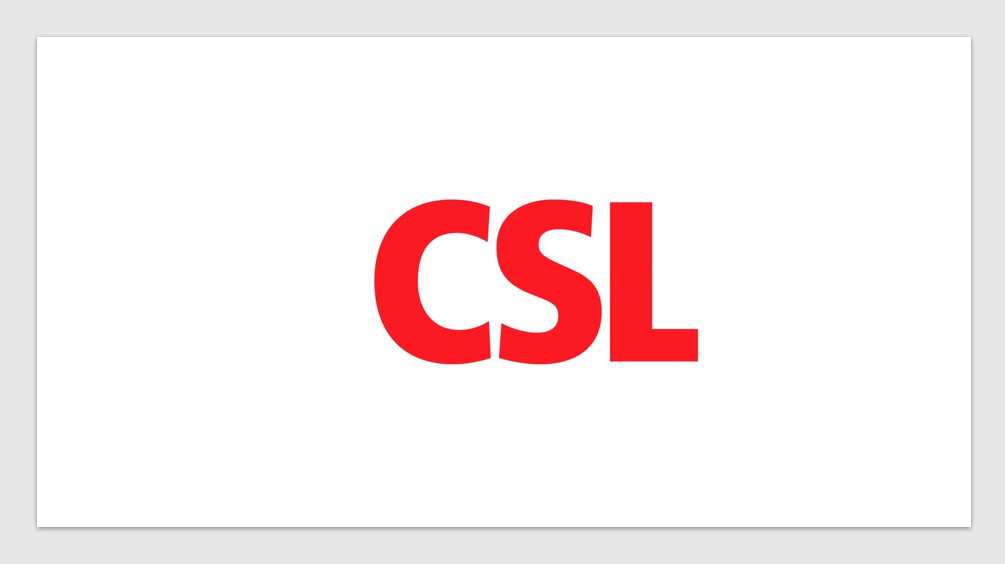News & Trends - Pharmaceuticals
Antidepressants fail to deliver relief for back pain despite being widely prescribed

Antidepressants, long prescribed for low back pain and sciatica, offer little to no real benefit, according to a major Australian study.
The research, led by Neuroscience Research Australia (NeuRA) and the University of NSW (UNSW), analysed 26 randomised controlled trials involving more than 2,900 participants. The findings challenge the widespread use of these medicines for pain relief, raising questions about their efficacy and safety.
Michael Ferraro, lead author and doctoral candidate at NeuRA’s Centre for Pain IMPACT and UNSW’s School of Health Sciences, said “Low back pain has been the leading cause of disability worldwide for the past 30 years. Many people with low back pain also have pain that radiates down their leg, often leading to greater pain and disability. Antidepressants are commonly prescribed for low back pain and sciatica, despite conflicting recommendations from international clinical guidelines.”
The study reviewed three types of antidepressants: serotonin and norepinephrine reuptake inhibitors (SNRIs) like Lilly’s Cymbalta (duloxetine), selective serotonin reuptake inhibitors (SSRIs) like Lundbeck’s Lexapro (escitalopram), and tricyclic antidepressants (TCAs) like Viatris’ Endep (amitriptyline).
“We found that one class of antidepressants [SNRIs] might provide back pain relief, but the effects are small and come with an increased risk of unwanted side effects. The long-term benefits and harms of most antidepressants for low back pain and sciatica remain unknown,” Ferraro stated.
“We found that SNRI medicines probably reduce pain within three to four months, but on average, the effects are probably too small to be important and many patients wouldn’t be able to feel any difference in their pain compared to taking a sugar pill. They also come with an increased risk of unwanted side effects.”
When it comes to sciatica, the research was too limited to draw conclusions, exposing a significant gap in current knowledge. The lack of strong evidence supporting antidepressants for sciatica is particularly concerning, given how often they are prescribed for the condition.
We also need more research on antidepressants for back pain and sciatica, especially to understand their longer-term effects, including those that might arise once treatment has stopped,” said Ferraro.
The researchers urge a reassessment of clinical guidelines, emphasising that their findings should drive more evidence-based treatment decisions for both doctors and patients.
“Some patients may still choose to trial these medications, but informed discussions about the likely magnitude of benefit and possible risks are crucial,” Ferraro explained. “It’s also important to stress, these findings do not imply that severely depressed people with low back pain and sciatica should not be treated with antidepressants.”
![]() In reimagining healthcare across the entire patient journey, Health Industry HubTM is the only one-stop-hub uniting the diversity of the Pharma, MedTech, Diagnostics & Biotech sectors to inspire meaningful change.
In reimagining healthcare across the entire patient journey, Health Industry HubTM is the only one-stop-hub uniting the diversity of the Pharma, MedTech, Diagnostics & Biotech sectors to inspire meaningful change.
The Health Industry HubTM content is copyright protected. Access is available under individual user licenses. Please click here to subscribe and visit T&Cs here.
News & Trends - Biotechnology

CSL reshapes R&D while bracing for U.S. tariffs
Australia’s largest biotech company CSL is streamlining its R&D operations to enhance efficiency amidst a rapidly evolving global landscape. The […]
MoreNews & Trends - MedTech & Diagnostics

Australia joins Medtronic trial in fight against resistant hypertension
Medtronic has launched an international clinical trial across Australia, the United States, and Europe to evaluate the feasibility of multi-organ […]
MoreNews & Trends - MedTech & Diagnostics

Medibank launches pharmacogenetic testing while government stalls on insurance discrimination ban
Medibank has become the first Australian health insurer to pay towards pharmacogenetic testing (PGx) for eligible customers on Extras cover. […]
MoreNews & Trends - Pharmaceuticals

Global pledge shifts visibility and action for patients with advanced breast cancer
Three breast cancer organisations have united internationally to demand that people living with metastatic breast cancer (MBC) are no longer […]
More